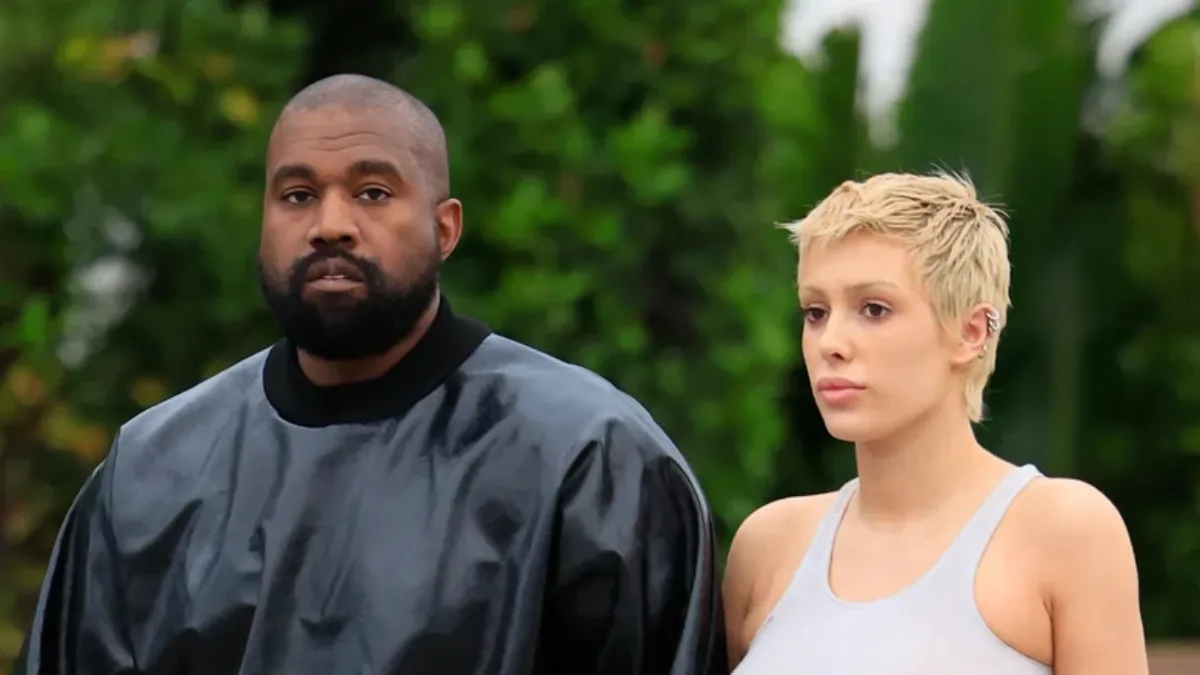In the summer of 2003, the eagerly anticipated fifth installment of the Harry Potter series, “Order of the Phoenix,” was released to a fanbase hungry for more wizarding adventures. Entertainment Weekly sought the perspective of another highly successful author, Stephen King, to review J.K. Rowling’s latest offering.
While King had some criticisms, particularly noting Rowling’s overuse of adverbs, his overall review was overwhelmingly positive. He acknowledged the critic-proof status of the phenomenally popular series at that point and highlighted the importance of a great villain in a fantasy novel. In this case, he praised Professor Dolores Umbridge as a standout character in “Order of the Phoenix.”
King’s praise for Umbridge was particularly noteworthy, as he deemed her “the greatest make-believe villain to come along since Hannibal Lecter.” He described her with vivid imagery, emphasizing her girlish voice, toad-like face, and clutching stubby fingers. King recognized the impact of a truly terrifying character, comparing Umbridge to the archetypal “Really Scary Teacher” that instills fear in students.
The author further explained the anticipation that comes from fearing what Umbridge might do next and the hope that she would eventually face consequences for her actions. He highlighted her capability to ban Harry Potter from playing Quidditch as a demonstration of the character’s authority and ruthlessness.
Imelda Staunton would later portray Dolores Umbridge in the Harry Potter film adaptations, capturing the character’s irritating mannerisms and distinct coughs and giggles. In the series, Umbridge is not only an annoying presence but also a formidable villain who inflicts physical harm as a method of punishment during detentions, scratching lines into students’ hands until they bleed.
“Order of the Phoenix” stands as proof that the Wizarding World offers more than just the supernatural villainy of Lord Voldemort. Characters like Bellatrix Lestrange, Barty Crouch Jr, and Fenrir Greyback also have their moments, but Umbridge and Cornelius Fudge represent more insidious forms of villainy – bureaucratic figures more interested in denial and control than overt violence. King’s review captured the essence of the complexity and depth that Rowling brought to her characters in the magical world she created.


